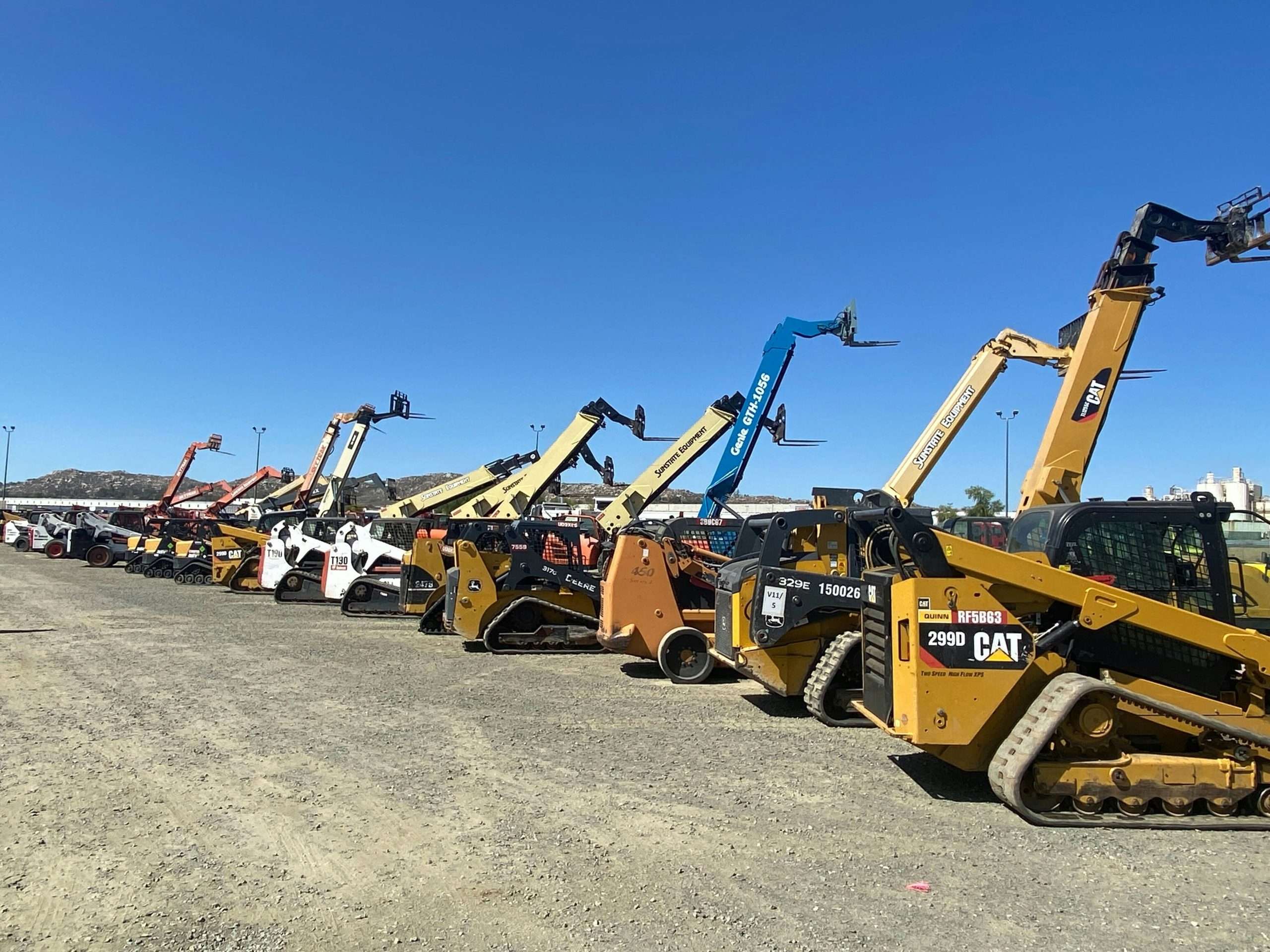The used heavy machinery market continued its upward trend in February 2024, marking the second straight month of price growth. Farming Machinery reported that average sale prices climbed again, while total units sold hit the highest point in a year—evidence of steady confidence from contractors, dealers, and fleet operators.
According to platform data, average equipment prices reached $28,850 in February, up $1,280 (4.65%) from January. This follows a strong January performance and suggests the recovery in used equipment values is no longer a short-term bounce but a broader market correction.
“We’re seeing robust demand across categories—from excavators to telehandlers—as buyers adapt to tighter supply of late-model gear,” said Farming Machinery market specialist, Lisa Trent. “Construction and agriculture sectors are both competing for the same limited pool of reliable equipment, which is keeping prices firm.”
Rising material costs and long delivery times for new machinery have made used models increasingly attractive. Even as production stabilizes, manufacturers are still working through backlogs from the pandemic years, and that shortage continues to ripple through the resale market.
Another notable factor is the improving stability of electric and hybrid heavy machinery prices. Once volatile, the segment is now showing consistent value retention, particularly for mid-sized loaders and excavators under three years old.
“The resilience of this market shows how critical reliable used equipment has become,” Trent added. “With infrastructure and agricultural projects expanding across multiple regions, the appetite for well-maintained machines is unlikely to fade anytime soon.”
Overall, February’s results underscore that the used heavy equipment sector remains balanced but tight: strong demand, limited supply, and buyers willing to pay a premium for quality. Market analysts predict prices will hold firm through mid-2024 unless there’s a sudden influx of newer fleet stock.
